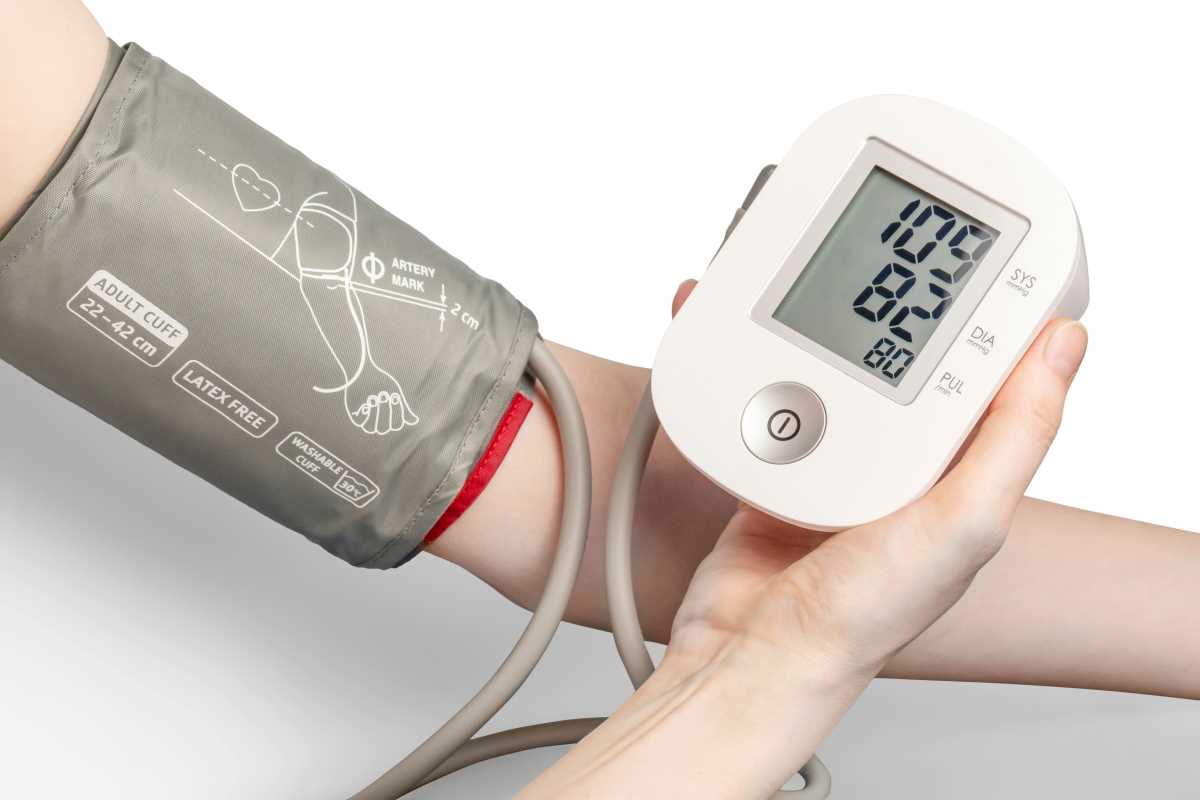Your health is one of your greatest assets. But sometimes, our body sends us signals that something might be wrong—and it’s essential not to overlook or dismiss them. Whether it’s a sudden drop in energy, unexplained weight loss, or a persistent cough, paying attention to such red flags can make all the difference in catching potential issues early. Here are some key warning signs health experts say to watch for, along with advice on when and how to seek medical help if you spot any of these symptoms.
1. Unexplained Weight Loss
If the number on the scale is dropping and you’re not actively trying to lose weight, it’s a sign to take seriously. Losing more than 5% of your body weight within six months to a year without changes in diet or exercise can sometimes point to underlying health issues.
Possible Causes:
- Thyroid Problems: An overactive thyroid (hyperthyroidism) can rev up your metabolism, leading to unintentional weight loss.
- Diabetes: Uncontrolled blood sugar can cause your body to lose weight as it can’t properly process glucose for energy.
- Cancer: Some cancers, especially those affecting the digestive system, may cause weight loss as an early symptom.
- Digestive Disorders: Conditions like celiac disease or Crohn’s disease can interfere with nutrient absorption.
What to Do:
If unintentional weight loss persists, schedule a doctor’s visit. Be prepared to share details about your eating habits, energy levels, and any other symptoms to help your healthcare provider pinpoint the cause.
2. Persistent Fatigue
We all feel tired from time to time, but persistent fatigue that doesn’t improve with rest could be more than just a busy schedule catching up to you.
Possible Causes:
- Sleep Disorders: Conditions like sleep apnea interrupt restful sleep, leaving you exhausted during the day.
- Anemia: A lack of healthy red blood cells can leave you feeling weak and out of breath.
- Chronic Fatigue Syndrome: Persistent exhaustion lasting for six months or more may indicate this poorly understood condition.
- Heart Problems: Fatigue is sometimes an early sign of heart disease, especially in women.
What to Do:
If your fatigue is interfering with daily life, take note of accompanying symptoms like shortness of breath, headaches, or difficulty concentrating. Your doctor may recommend blood tests or other diagnostic tools to determine the cause.
3. Chest Pain or Discomfort
Chest pain often raises alarms for heart problems, and with good reason—it can be a sign of a heart attack. However, not all chest discomfort feels the same, and it’s important to pay attention to subtler signs.
Possible Causes:
- Heart Attack: Symptoms can include a squeezing sensation, pressure, or pain that may radiate to your back, jaw, or arms.
- Gastrointestinal Issues: Acid reflux or conditions like gallstones can mimic chest discomfort.
- Pulmonary Embolism: This life-threatening condition occurs when a blood clot travels to your lungs and requires immediate attention.
What to Do:
Any new, unexplained chest pain should be treated as an emergency. Call 911 or seek urgent medical care, particularly if the pain is severe, accompanied by nausea, or lasting more than a few minutes.
4. Sudden Changes in Vision or Speech
A sudden blurry view or slurred words shouldn’t be brushed off as temporary or something you can "sleep off." These could be signs of a serious medical emergency.
Possible Causes:
- Stroke: An interruption of blood flow to your brain can impact vision, speech, and motor function.
- Migraine Aura: Some migraines start with visual disturbances but also mimic worrying symptoms of other conditions.
- Neurological Disorders: Issues like multiple sclerosis can sometimes manifest with transient vision problems or speech changes.
What to Do:
Follow the FAST method to identify a potential stroke:
- Face drooping
- Arm weakness
- Speech difficulty
- Time to call 911
If you notice temporary changes in vision or speech that resolve on their own, contact your doctor as soon as possible. These could be warning signs of a transient ischemic attack (mini-stroke) and require urgent follow-up.
5. Persistent Cough or Hoarseness
Coughing now and again is normal, but a chronic cough that lasts more than eight weeks or persistent hoarseness isn’t something to overlook.
Possible Causes:
- Lung Disease: A lingering cough could point to conditions like asthma, chronic obstructive pulmonary disease (COPD), or even lung cancer.
- Gastroesophageal Reflux Disease (GERD): Acid reflux can irritate the throat and lead to coughing or hoarseness.
- Vocal Cord Problems: Persistent hoarseness can result from strain or, in rare cases, laryngeal cancer.
What to Do:
Monitor how long your symptoms persist and whether they’re paired with weight loss, difficulty breathing, or blood in your mucus—all of which warrant a prompt check-up.
6. Changes in Bowel Habits or Blood in Stool
Nobody loves talking about their bathroom habits, but changes in stool frequency, consistency, or appearance can be key indicators of digestive health.
Possible Causes:
- Irritable Bowel Syndrome (IBS): Frequent diarrhea or constipation could signal this common condition.
- Colorectal Cancer: Blood in the stool or pencil-thin stools can sometimes be early signs.
- Inflammatory Bowel Disease (IBD): Conditions like Crohn’s disease or ulcerative colitis can affect how your body processes nutrients.
What to Do:
If you notice blood in your stool (bright red or darker, tar-like), seek medical evaluation promptly. Multiple stool changes, especially when paired with abdominal pain or weight loss, also require attention.
7. Persistent Pain or Swelling in a Specific Area
Pain that doesn’t go away with rest or over-the-counter treatments can sometimes be your body’s way of highlighting a deeper issue.
Possible Causes:
- Arthritis: Persistent joint pain may hint at conditions like rheumatoid arthritis or osteoarthritis.
- Deep Vein Thrombosis (DVT): Swelling or pain in one leg could signal a blood clot.
- Cancer: Persistent, localized back pain could occasionally point to cancer involving the spine or internal organs.
What to Do:
Keep track of how long symptoms last and whether there are accompanying signs like redness, warmth, or fever. These clues help your doctor narrow down the cause.
Practical Steps to Advocate for Your Health
Once you notice a red flag, the next step is to take action. Here are some ways to effectively manage your health:
- Take Notes: Write down your symptoms, including what makes them better or worse, and when they started.
- Ask Questions: Don’t hesitate to ask your doctor for clarification or more tests if symptoms remain unexplained.
- Speak Up: Be specific about your concerns. For example, "I’ve been feeling unusually tired despite getting 8 hours of sleep" sets the stage for a deeper conversation.
- Get Second Opinions: If you still feel like answers are lacking, a second opinion can provide additional insights.
Disclaimer: The content provided on SuperHealthyTips is for informational and educational purposes only. This information is not intended to be a substitute for professional medical advice, diagnosis, or treatment.







